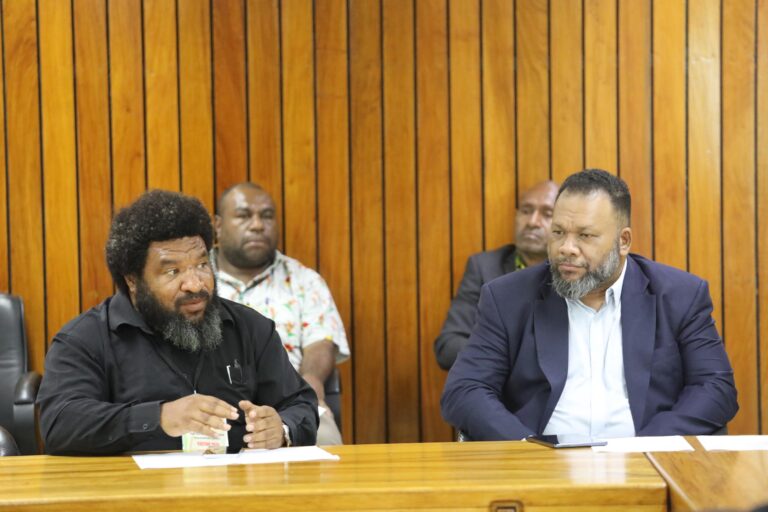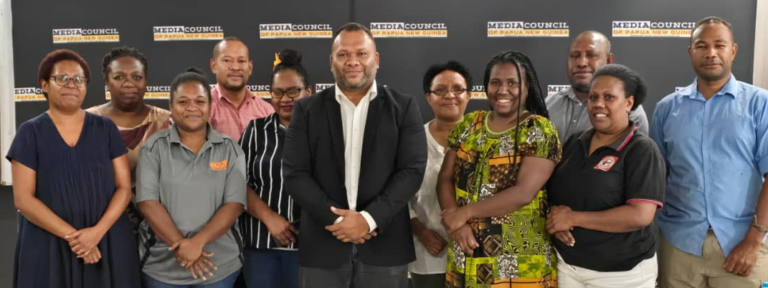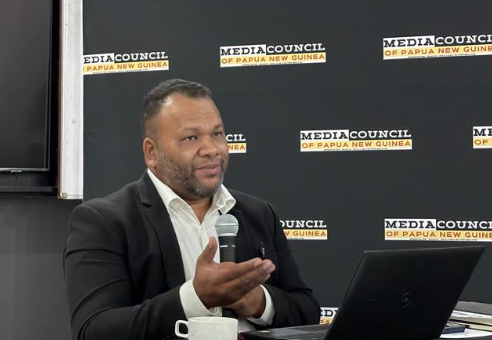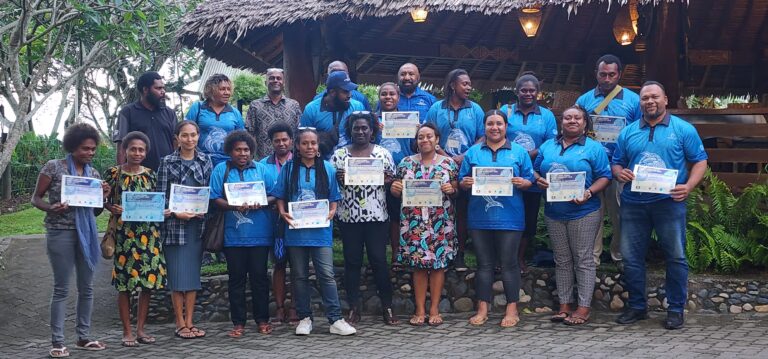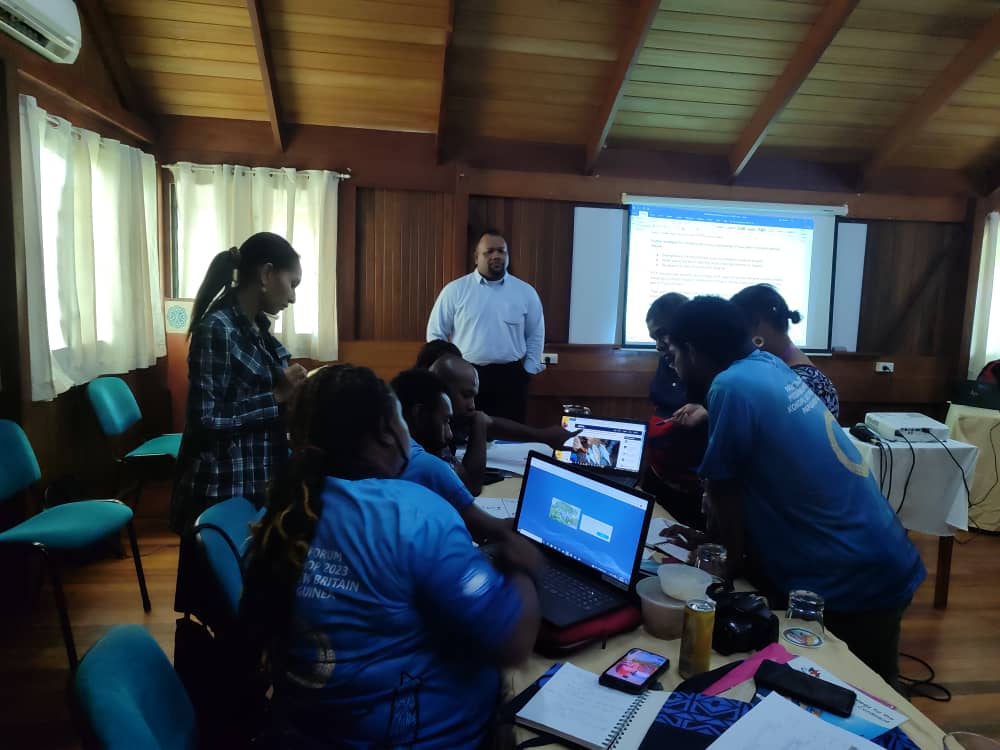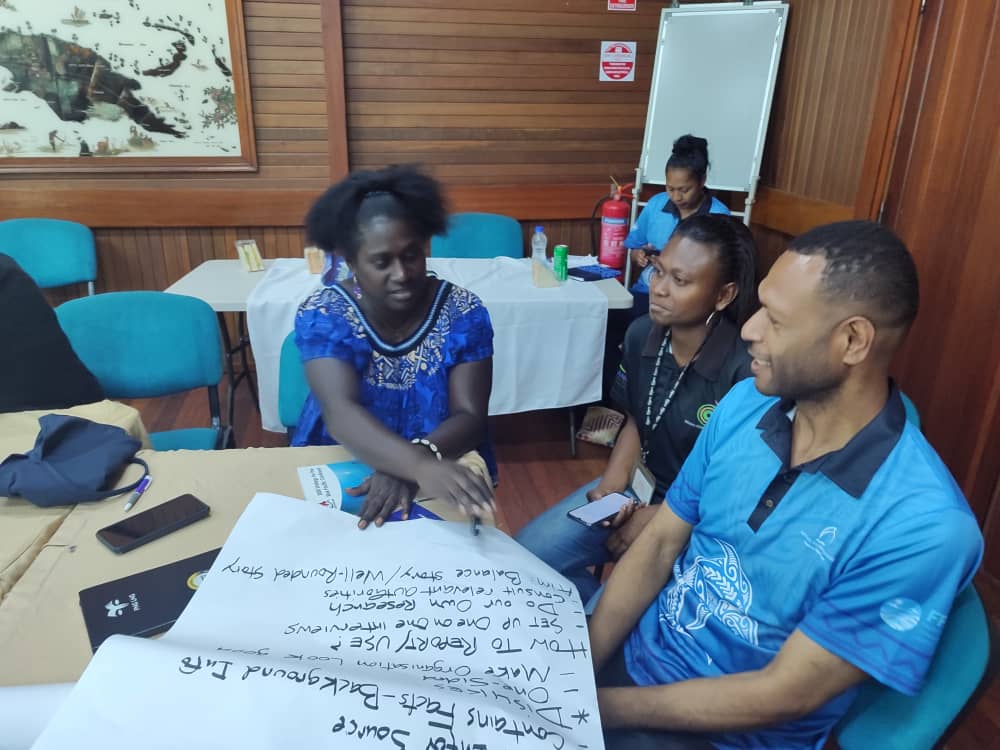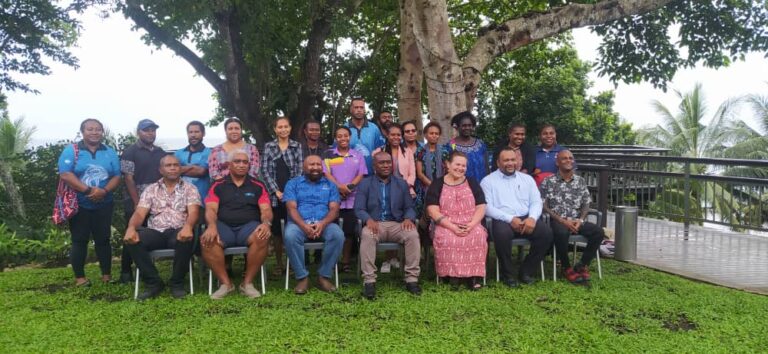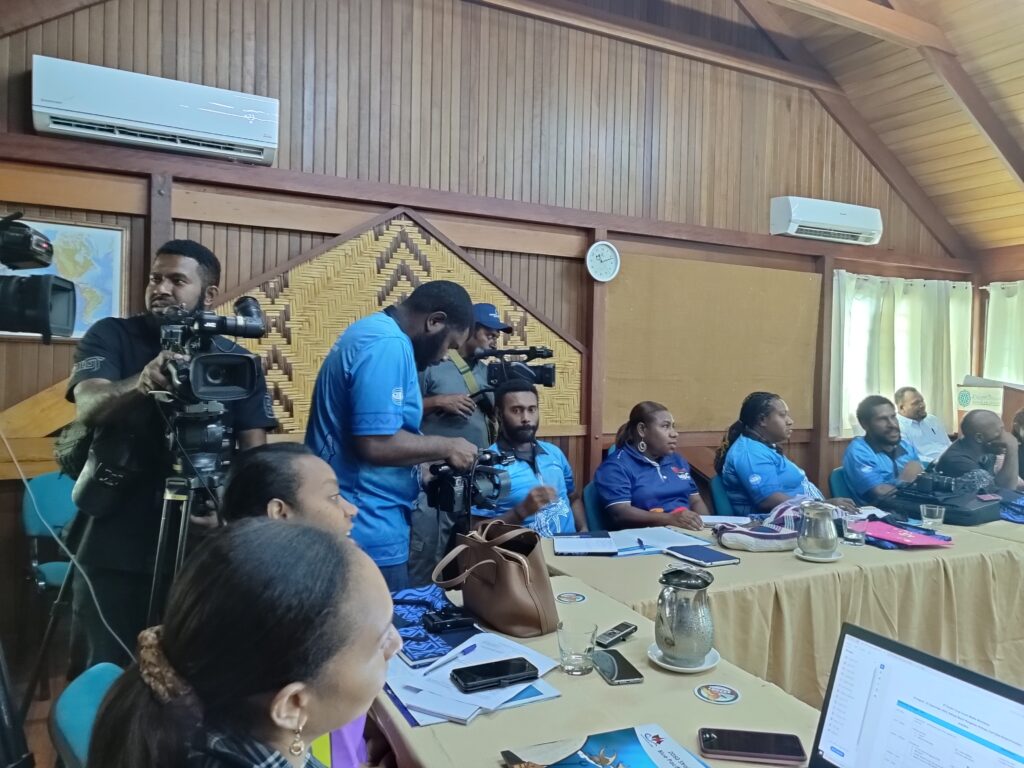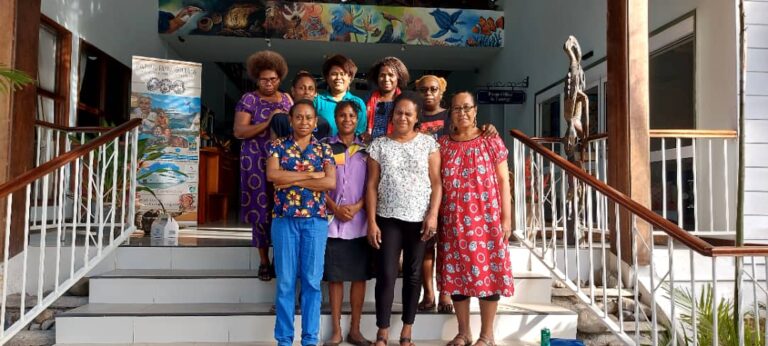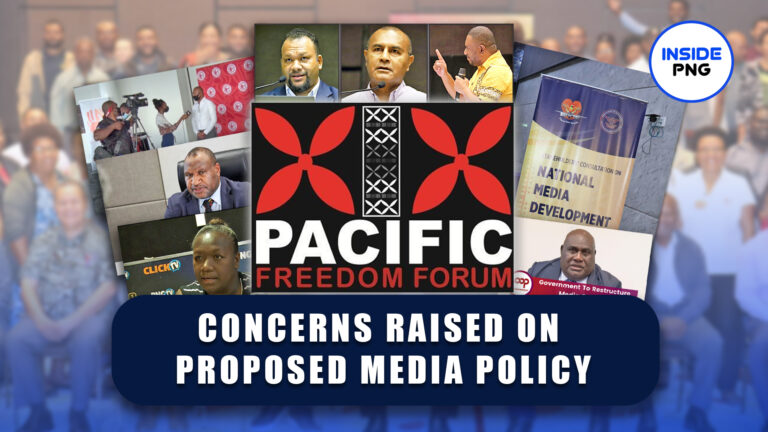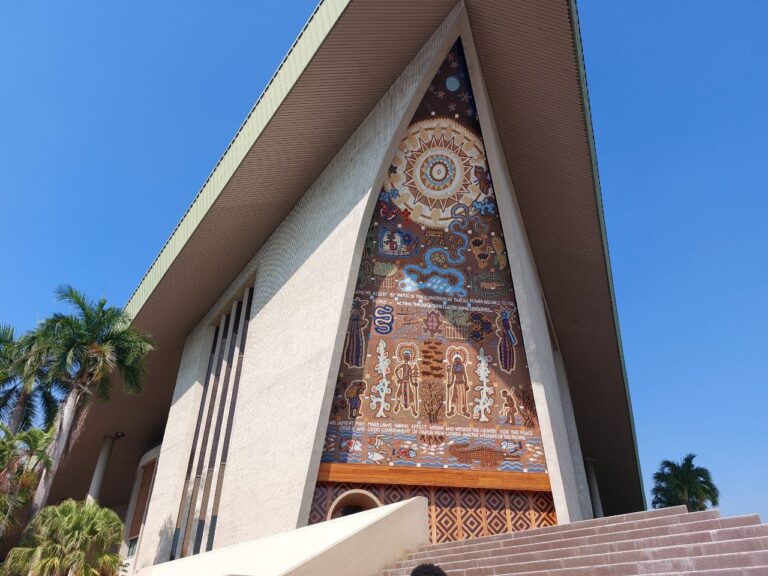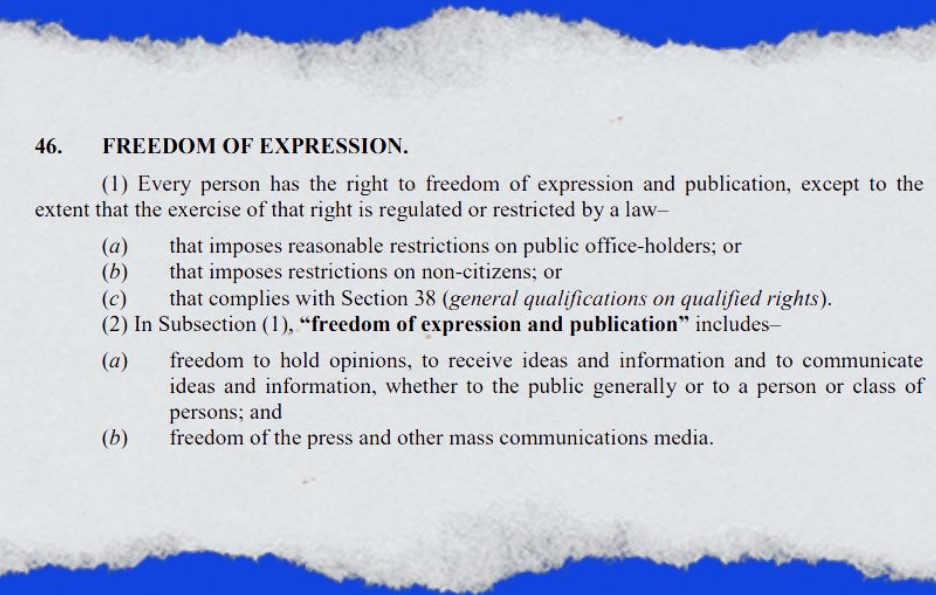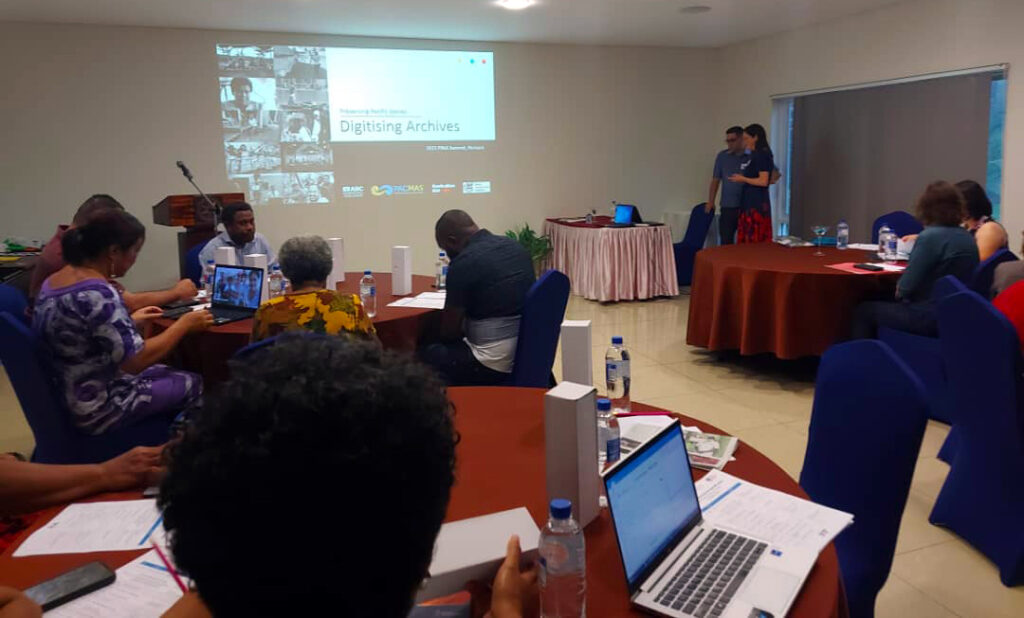The Media Council of Papua New Guinea in a statement is calling on the Prime Minister of Papua New Guinea, James Marape and his government to crack down on the Board and Management of Telikom PNG Limited and stop what has become the practice of silencing and suppressing media personnel who work for government-owned media organisations Kalang Advertising Limited (FM100) and Media Niugini Limited (EMTV).
The Council highlighted the cases of FM100 Talkback Show Host Culligan Tanda, who was initially suspended for three weeks without pay, and subsequently issued a termination notice by KAL Chief Executive Officer, Bill Wartovo upon the completion of his suspension period this Wednesday; and the case of former EMTV Reporter, James Guken, who says he was terminated without notice after writing an online news article quoting the Parliamentary Opposition.
Mr. Tanda received his suspension notice following a NASFUND FM100 Talkback Show programme which featured the Governor of East Sepik, Allan Bird following the last Vote of No Confidence motion in Parliament.
Mr. Guken says he was terminated without notice after writing the online article which featured quotes from ESP Governor Bird.
Media Council President, Neville Choi says these two cases of media suppression are only two of the latest in a series of media worker terminations by the Board and Management of the Telikom PNG Group since 2018.
“In 2019 I was terminated for refusing to act on a directive from the then Telikom PNG CEO to terminate then EMTV News Producer Sincha Dimara and EMTV Deputy News Manager Scott Waide over an overseas news Television story featuring the then New Zealand Prime Minister who had publicly stated that she would not be riding in any of the purchased Maserati luxury sedans when attending APEC 2018. The directive was based on what was perceived as painting the government of the day in a negative light.
“In 2022 a full newsroom of 24 media personnel employed by EMTV were terminated en masse, following their walkout protest against intense intimidation and harassment by the then EMTV Acting CEO.
Mr. Choi said that in each of these cases, Telikom PNG initiated what it described as ‘internal investigations’, the results of which were never made known to the parties under investigation, but inevitably ended with media worker terminations.
“A free, robust, and independent media is an essential pillar of democracy. It is the cornerstone of allowing freedom of speech, and freedom of expression. Being in a position of power and authority gives no one, especially brown-nosing public servants wanting to score brownie points with the sitting government administration, the right to suppress media workers who are only doing their jobs, and doing it well,” Mr. Choi says.
The Council also reminded the managements of State-owned media organisations, that Section 5 of the Organic Law on the Independent Commission Against Corruption (OLICAC) includes within the definition of corrupt conduct by public officials, the dishonest exercising and abusing of official functions.
Kalang Advertising Limited (FM100), similar to Media Niugini Limited (EMTV) are subsidiaries of the Telikom PNG Group, a state-owned enterprise within the portfolio of Kumul Consolidated Holdings under the Ministry of State-Owned Enterprises.
The Board and Management of Kalang, Telikom and KCH falls within the scope of ‘public officials’ under Section 9 ICAC which includes a member of staff, an officer, or a member of a public body.
The Council calls on the ICAC to investigate the matter for corrupt conduct to establish if processes were abused to penalize both Culligan Tanda, and James Guken formerly of EMTV for their reporting.
The Council recognises the emotional and mental stress this kind of suppression has on media personnel, and has from the beginning of Culligan Tanda’s suspension, respected his wishes and approach to it.
The MCPNG Executive Board, with the support of its mainstream media members, calls for an immediate and permanent stop to this suppression of the media in PNG.

